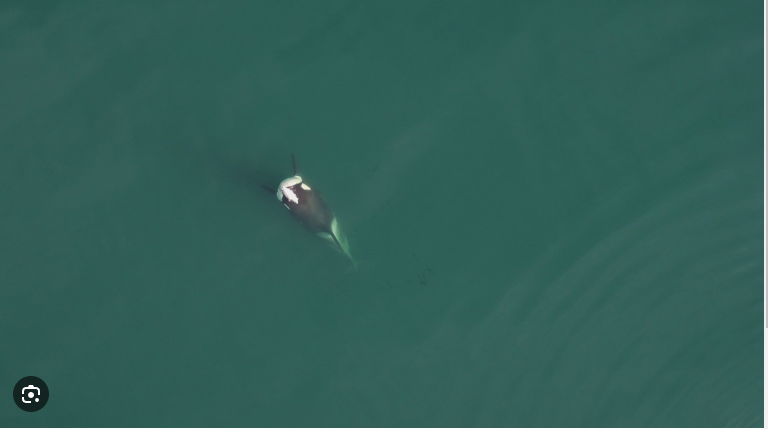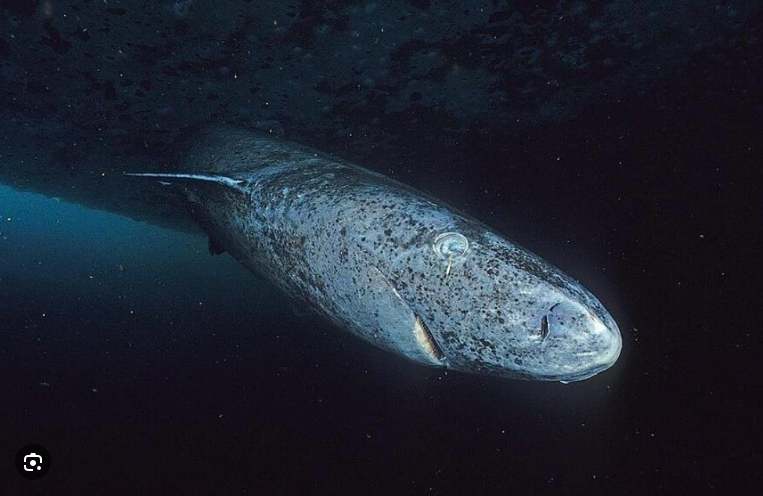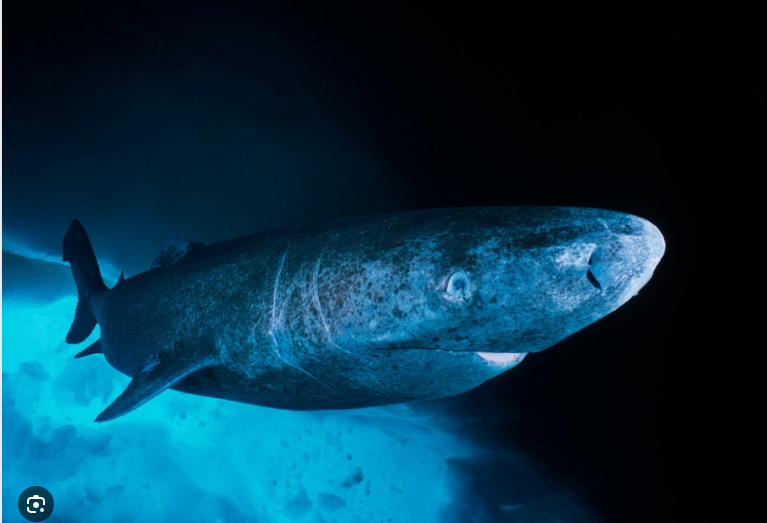Are you curious about the secrets of longevity? Have you ever wondered what allows certain species to live for hundreds, or even thousands, of years? In a recent study, scientists have found that the Greenland shark, the longest-living vertebrate on earth, could hold the key to extending the human lifespan. By studying the biology and genetics of these fascinating creatures, researchers hope to uncover valuable insights that could revolutionize our understanding of aging and unlock new possibilities for increasing longevity.
The Greenland Shark: A Living Legend
The Greenland shark, also known as the “sleeper shark,” is a massive, slow-moving species that inhabits the cold, deep waters of the Arctic and North Atlantic oceans. These remarkable creatures have been known to live for over 400 years, making them the longest-living vertebrates known to science. With a lifespan that stretches centuries, the Greenland shark has captured the curiosity of researchers around the world who are eager to uncover the secrets behind their incredible longevity.

What Makes the Greenland Shark Unique?
One of the most fascinating aspects of the Greenland shark is its incredibly slow growth rate. These sharks grow at a pace of only a few centimeters per year, allowing them to reach immense sizes over the course of several centuries. In addition to their slow growth, Greenland sharks also have a unique diet that consists of a wide variety of marine species, including fish, seals, and even other sharks. This diverse diet may play a role in their longevity, providing the nutrients and energy needed to sustain their massive bodies for hundreds of years.
Unraveling the Mysteries of Longevity
As scientists delve deeper into the biology and genetics of the Greenland shark, they are uncovering a wealth of information that could have profound implications for human health and aging. By studying the unique adaptations that allow these creatures to live for centuries, researchers hope to identify key genes and biological pathways that play a role in longevity. This knowledge could pave the way for new treatments and interventions that could help humans live longer, healthier lives.

How Can Studying the Greenland Shark Benefit Humans?
By understanding the mechanisms that allow the Greenland shark to live for centuries, scientists may be able to identify new targets for anti-aging therapies and interventions. For example, if researchers discover a gene that is responsible for the shark’s slow growth rate, they could potentially develop drugs or treatments that target the same gene in humans to slow down the aging process. By harnessing the power of nature’s oldest vertebrate, we may be able to unlock the secrets of longevity and extend the human lifespan.

In conclusion, the Greenland shark offers a tantalizing glimpse into the potential of extending the human lifespan. By studying these ancient creatures, scientists are uncovering valuable insights that could revolutionize our understanding of aging and open up new possibilities for increasing longevity. As research continues, we may soon find ourselves on the brink of a new era in which living for centuries becomes a reality. The secrets of the longest-living vertebrate are waiting to be unlocked, offering hope for a healthier, longer future for all of humanity.
By Taylor Nicioli, CNN

